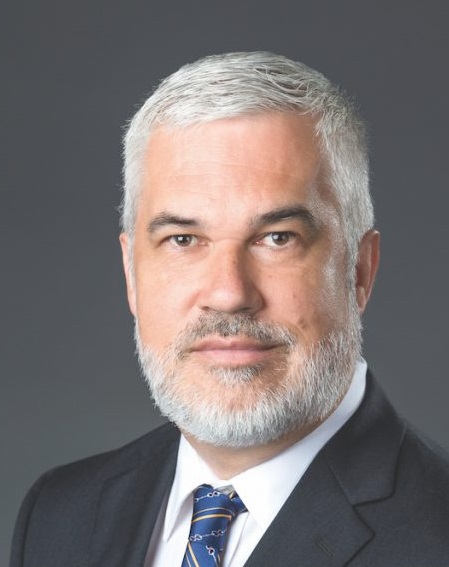
Distinguished Professor of Integrative Fisheries Science
University of Florida
Together with my students and collaborators, I conduct integrative-transdisciplinary and disciplinary research across the ecological and human dimensions of fisheries and engage in innovative practice to help craft solutions for difficult management challenges. Among our core interests and contributions are:
- Integrative-transdisciplinary frameworks for analysis and decision-making, reviews (e.g. on aquaculture and inland fisheries and tropical coastal fisheries), and meta-analyses that allow scientists and stakeholders to ‘put the pieces together’ and craft integrated solutions to complex fisheries problems.
- Robust models and generalizations for key processes in fish population dynamics such as size-dependent mortality, growth plasticity (including density-dependent growth and its role in population regulation), and the occurrence of density-dependent mortality in the life cycle of fishes. These process models have been instrumental to extending fisheries assessment methods to stock and habitat enhancements, harvesting of juveniles, and incorporation of environmental drivers.
- Approaches and tools for managing fisheries enhancements such as hatchery programs including population dynamics theory and practical assessment methods, synthesis of domestication effects and system design implications, responsible approach for development and reform, and perspectives on the importance of understanding enhancements and their emerging role in fisheries management and restoration.
- Assessment and management of inland fisheries under the influence of irrigation development, fisheries enhancements, aquaculture development, introduction of non-native species, and local management initiatives.
- Human dimensions including conceptual and empirical studies on the role of fishing in rural, particularly farming livelihoods. Current human dimensions research is focused on recreational anglers and their attitudes, drivers of behavior, and participation in fisheries management.
My original training is in quantitative fisheries ecology. I remain active in that field but have broadened my interests towards integrative, trans-disciplinary fisheries research and management practice. I discovered the power and excitement of integrative problem-solving while working professionally as a fisheries development consultant (1993-96, with MRAG Ltd.). I retained that perspective and made it the organizing principle of my subsequent academic career, starting with 13 years (1997-2010) on the faculty of Imperial College London. I moved to my current position as Professor of Integrative Fisheries Science at the University of Florida (UF) in 2010. From 2019 to 2023 I served as Associate Director of UF’s School of Forest, Fisheries and Geomatics Sciences and Leader of its Fisheries and Aquatic Sciences Program. I twice held the Mote Eminent Scholar Chair in Fisheries Ecology at Florida State University and Mote Marine Laboratory (2007-8 and 2023-5) and have been elected Fellow of the American Association for the Advancement of Science, the American Fisheries Society and the American Institute of Fishery Research Biologists.
Degrees:
PhD, Applied Population Biology, University of London, UK, 1997
Diplom (MS), Biology with Mathematics, Kiel University, Germany, 1993
Appointments:
Scientific and Statistical Committee, South Atlantic Fishery Management Council and New England Fishery Management Council
Editor, Springer Fish and Fisheries Book Series
Associate Editor, Canadian Journal of Fisheries and Aquatic Sciences
International Committee Chair, National Association of University Fish and Wildlife Programs
Affiliate Faculty, UF School of Natural Resources and Environment
Affiliate Faculty, UF Tropical Conservation and Development Program
Affiliate Faculty, UF Water Institute
Contact: Kai Lorenzen, School of Forest, Fisheries, and Geomatics Sciences, University of Florida / IFAS, 7922 NW 71st Street, Gainesville, FL 32653. Email: klorenzen@ufl.edu
